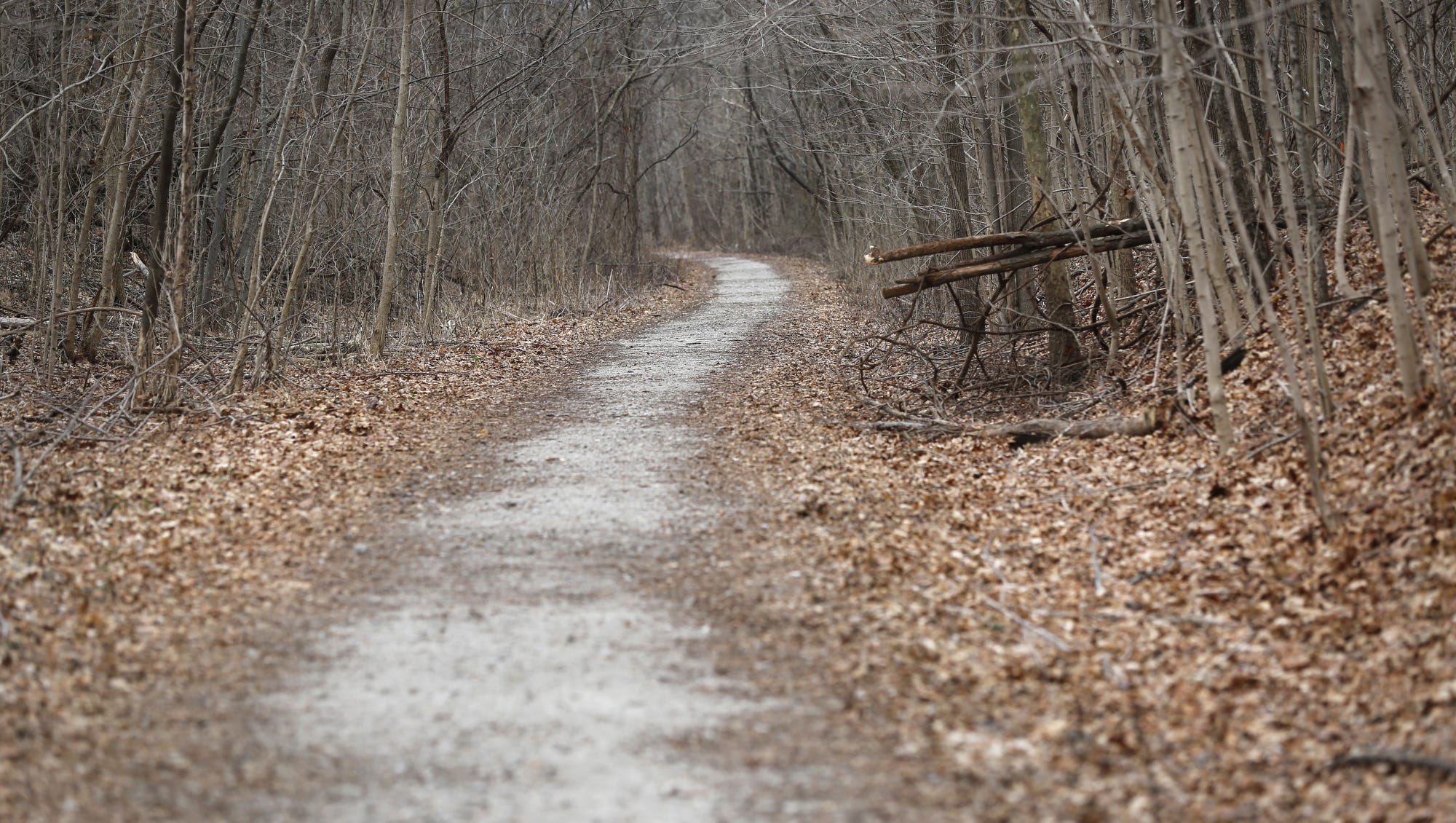Delphi murder suspect was 'lost in the cracks' for years, sheriff says

DELPHI, Ind. ‒ For five years after Abigail "Abby" Williams and Liberty "Libby" German were found dead in the woods off the Monon High Bridge trail, Richard Allen was not on investigators' radar, despite speaking to police days after the killings.
That changed on Sept. 21, 2022.
Kathy Shank, a retired government employee who had started volunteering as a clerk to help with the investigation, came across a "lead sheet" about Allen, she testified in court on Thursday.
The document caught Shank's attention. She'd previously read that a girl reported seeing a man on the trail on the afternoon of Feb. 13, 2017, when Abby and Libby, who were 13 and 14 years old, went on a hike and were never heard from again. Allen, according to the document, told police three days after the girls disappeared that he was also on the trail that afternoon.
"I thought there could be a correlation," Shank testified Thursday.
Shank and a few other witnesses took the stand Thursday, the sixth day of testimony in the double murder trial, telling jurors of the series of events that led to Allen's arrest on Oct. 26, 2022, just a little over a month after the volunteer clerk found the old tip sheet about Allen and alerted investigators about it.
Allen, who appeared in court in khaki pants and teal shirt, is charged with two counts of murder and two counts of murder while kidnapping the girls. His long-awaited trial comes more than seven years after the girls' deaths and two years since his arrest.
Allen "got lost in the cracks," Carroll County Sheriff Tony Liggett told jurors.
The route that led to Richard Allen
On Feb. 16, 2017, Allen self-reported to investigators that he was on the trail the same afternoon Abby and Libby disappeared. He was later contacted by Dan Dulin, an Indiana Department of Natural Resources captain who was helping with the investigation at that time, and the two met at a grocery store.
Allen said he was on the trail between 1 and 3:30 p.m. on Feb. 13 and saw three girls near the Freedom Bridge, Dulin testified.
But Allen was cleared, and the paper trail of his interaction with investigators was put away in a box.
The day Shank found his tip sheet again in 2022, she had come across a box of tip sheets in a desk drawer. She opened it and began going through the files, thinking she had to log them into a database. Then, she told jurors, she saw the Allen sheet.
Shank, who has lived in Delphi for four decades, began volunteering to help with the investigation in 2017. She started as a receptionist and, over the years, was given more responsibilities, including processing tips and logging them into a database, Shank testified. She also organized investigative reports, compiling narratives from interviews investigators conducted and filing them in several cabinets.
The Allen file was labeled with a green dot, Shank said, meaning it had been cleared. The document also appeared to have been mislabeled as "Richard Allen Whiteman." Allen lived on Whiteman Drive in Delphi.
Shank took the document to Liggett, who was the chief deputy at the Carroll County Sheriff's Office and the case's lead investigator at the time. He alerted Steve Mullin, who was chief of the Delphi Police Department when the girls were killed and later became an investigator at the prosecutor's office.
At that point, the investigation turned to Allen.
Allen lead should not have been cleared, Liggett says
Liggett acknowledged that Allen was not considered a suspect in the teens' deaths for five years, even though he'd self-reported that he was on the trail Feb. 13, 2017.
Someone who Liggett believes was a dispatcher cleared the Allen lead in 2017. But he said it "shouldn't have been" cleared.
During his cross-examination, defense attorney Bradley Rozzi suggested that Liggett wanted an arrest because it would benefit his career. Liggett was elected sheriff of Carroll County weeks after Allen was arrested.
"It was never about me," Liggett testified. "It was about the murders of two girls."
Liggett also acknowledged that none of the physical descriptions eyewitnesses gave of "Bridge Guy" matched Allen.
Contact IndyStar reporter Kristine Phillips at kphillips@indystar.com.